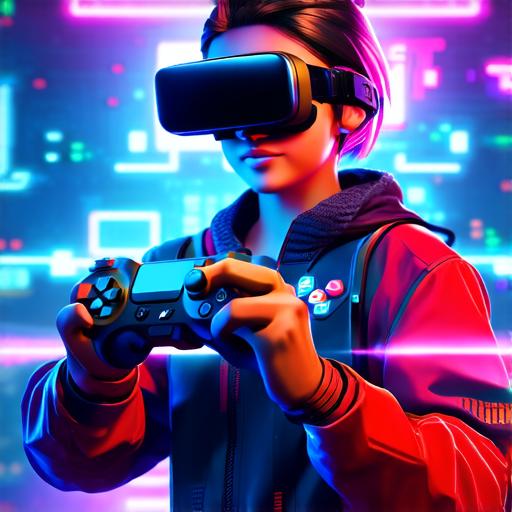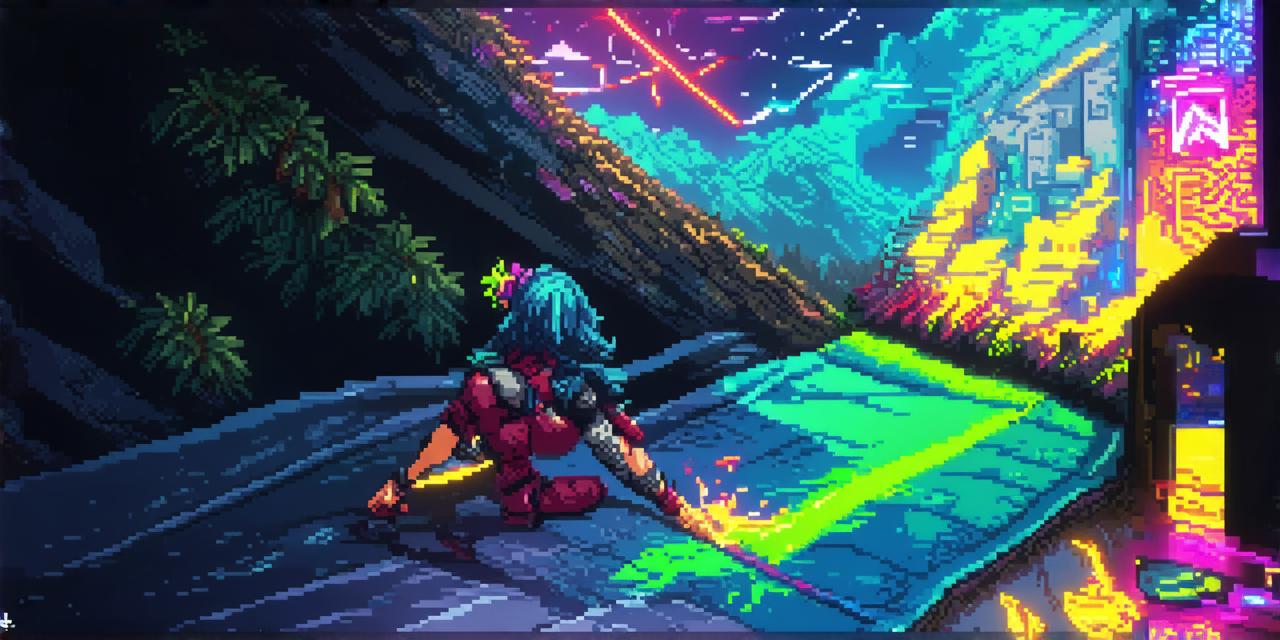NFTs, or non-fungible tokens, have gained significant attention in recent years due to their unique ability to represent ownership of digital assets. This has led many to wonder if NFTs can also be used in gaming as a means of representing in-game items and assets. In this article, we will explore the potential benefits and challenges of using NFTs in gaming.
Benefits of using NFTs in gaming
1. Ownership and scarcity: NFTs allow for the creation of unique digital assets that can be owned by a single individual. This creates a sense of ownership and scarcity, as players will want to acquire these items before they become unavailable. In addition, NFTs can also be used to represent rare in-game items or collectibles, further increasing their value.
2. Tokenization: NFTs allow for the tokenization of digital assets, making it easier to buy, sell and trade them on a blockchain marketplace. This creates a more liquid market for in-game items, allowing players to easily monetize their assets or acquire new ones.
3. Loyalty and engagement: NFTs can also be used to create loyalty programs for gamers, rewarding them with unique digital assets that they can use in the game or collect as collectibles. This creates a sense of exclusivity and increases player engagement, leading to increased revenue for the game developer.
Challenges of using NFTs in gaming

1. Technical complexity: The technical complexity of NFTs may make it difficult for game developers to integrate them into their games. In addition, players may not be familiar with the concept of NFTs and how they work, creating a potential barrier to entry.
2. Security concerns: As with any technology that involves digital assets, security is always a concern when using NFTs in gaming. Game developers will need to ensure that their games are secure and that players’ NFTs are protected from hacking or theft.
3. Regulatory uncertainty: The regulatory landscape surrounding NFTs is still evolving, which creates uncertainty for game developers who may be hesitant to invest heavily in this technology until there is more clarity on the legal and regulatory front.
Conclusion
In conclusion, NFTs have the potential to revolutionize the way in-game items are bought, sold and traded. They can also be used to create loyalty programs and increase player engagement. However, game developers will need to carefully consider the technical complexity, security concerns and regulatory uncertainty before integrating NFTs into their games. Ultimately, it will be up to the gaming industry to determine if NFTs are a viable technology for the future of gaming.
